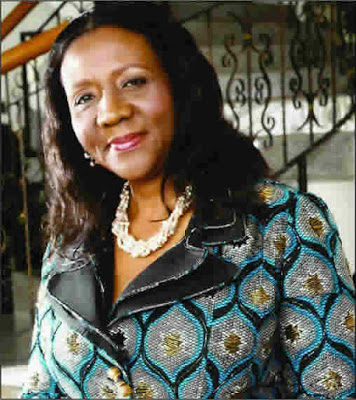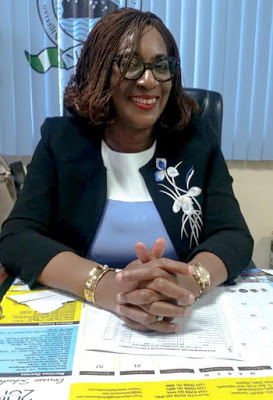Operators in the maritime sub-sector of fish trawling business in Nigeria are still contending with some serious problems including sea-piracy, poor safety architecture as well as reckless poaching activities.
Mrs. Margaret Orakwusi, a former President of the Nigerian Trawler Owners Association (NITOA) expressed this concern while speaking on the side-lines of the recently-held inauguration of the Executive Council of the Ship Owners Association of Nigeria.
Orakwusi, who is also the Chairman, Ship Owners Forum, said that high operational cost, particularly on purchasing of diesel, coupled with insecurity and other listed problems had continued to make many operators in the business very unstable.
She remarked that the persistence of the problems had even caused many people, especially foreigners in the business to relocate to neighbouring countries.
“We are still battling with sea-piracy, we are still battling with the high cost of AGO. It is still the way it has always been. Of course, you know that most operators have relocated to neighbouring countries, because of the sea-piracy, operational cost.
“We use diesel more than any other industry, and once there is a bit of upward movement in price, it affects us. This is so because we are not in position to transfer that extra cost of production to our off-takers,” Orakwusi said.
She lamented that the business owners continue to bear any cost increase as most of their products are exported, and they contribute an insignificant percentage in the international market.
Also, the continued trend in poaching and unregulated fishing indicate that the laws guiding the operations of the business in Nigeria; “Sea Fisheries (Fishing) Regulations, and “Sea Fisheries (Licensing) Regulations” the Sea Fisheries Act of 1992(2013), are not receiving adequate enforcement.
The allegations are that many unlicensed fish trawling business owners come and engage in illegal and unregulated fishing, which besides damaging the marine ecosystems, leaves local trawling businesses in bigger troubles.
These are challenges the operators deal with, Orakwusi said, as she bemoaned their helplessness in a situation where the government should provide the protection and ensure enforcement of regulations.
She said: “We cannot do anything as investors. It is left for the government. It is a challenge really, because
they are stealing our natural resources and fishing in the most irresponsible
manner, sweeping from bottom to top, which is not allowed.
they are stealing our natural resources and fishing in the most irresponsible
manner, sweeping from bottom to top, which is not allowed.
“For us to be able to sell our product to
Europe, America, we must comply, and fish in a very regular manner. You don’t catch the juvenile, there are
certain sizes of net you are not allowed to use. You don’t catch the big fish that lays the golden egg. There are certain areas that you are not allowed to fish.”
Europe, America, we must comply, and fish in a very regular manner. You don’t catch the juvenile, there are
certain sizes of net you are not allowed to use. You don’t catch the big fish that lays the golden egg. There are certain areas that you are not allowed to fish.”
She prayed that the authorities concerned be strategic to mobilise sufficient force under a constituted body like a coastguard, in addition to what the Navy is doing, to deal with the problems within the maritime domain.
“The poachers have no stake in your country. They just come, fish and do whatever things that they can’t even do in their own country because of the regulation.
“Our problem here is poor enforcement of regulation; both Nigeria regulation and international regulation. I don’t know why we cannot mobilise sufficient force. Just call it any name. I am not saying that the Navy is doing their job. But let us have a dedicated force; is it coastguard? You can just call any name, it should just be dedicated to providing maritime security and safety. Security is different from safety.”
On safety, she said there are no sea crafts that serve as an ambulance or for fire-fighting, as she recalled a fire incident that engulfed one of her fishing vessels as well as a recent occurrence of fire outbreak at sea on a fishing vessel.
“When it happened to me, I lost that vessel completely,” Orakwusi said, “And the fire is there in the high sea.”
She wants the regulatory authorities to walk the talk, and ensure the creation of a conducive environment for those in the fish trawling business to ply their trade effectively and profitably.
“If we get it right, we don’t need to export, because Nigeria has the market,” Orakwusi added.


































































